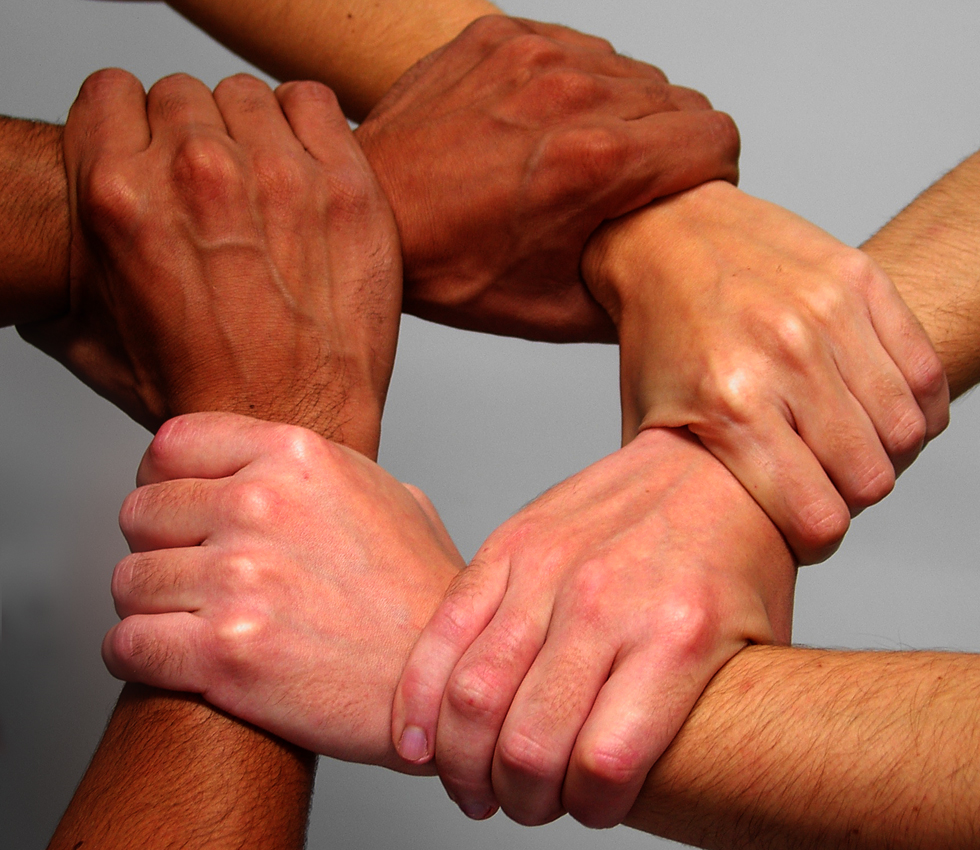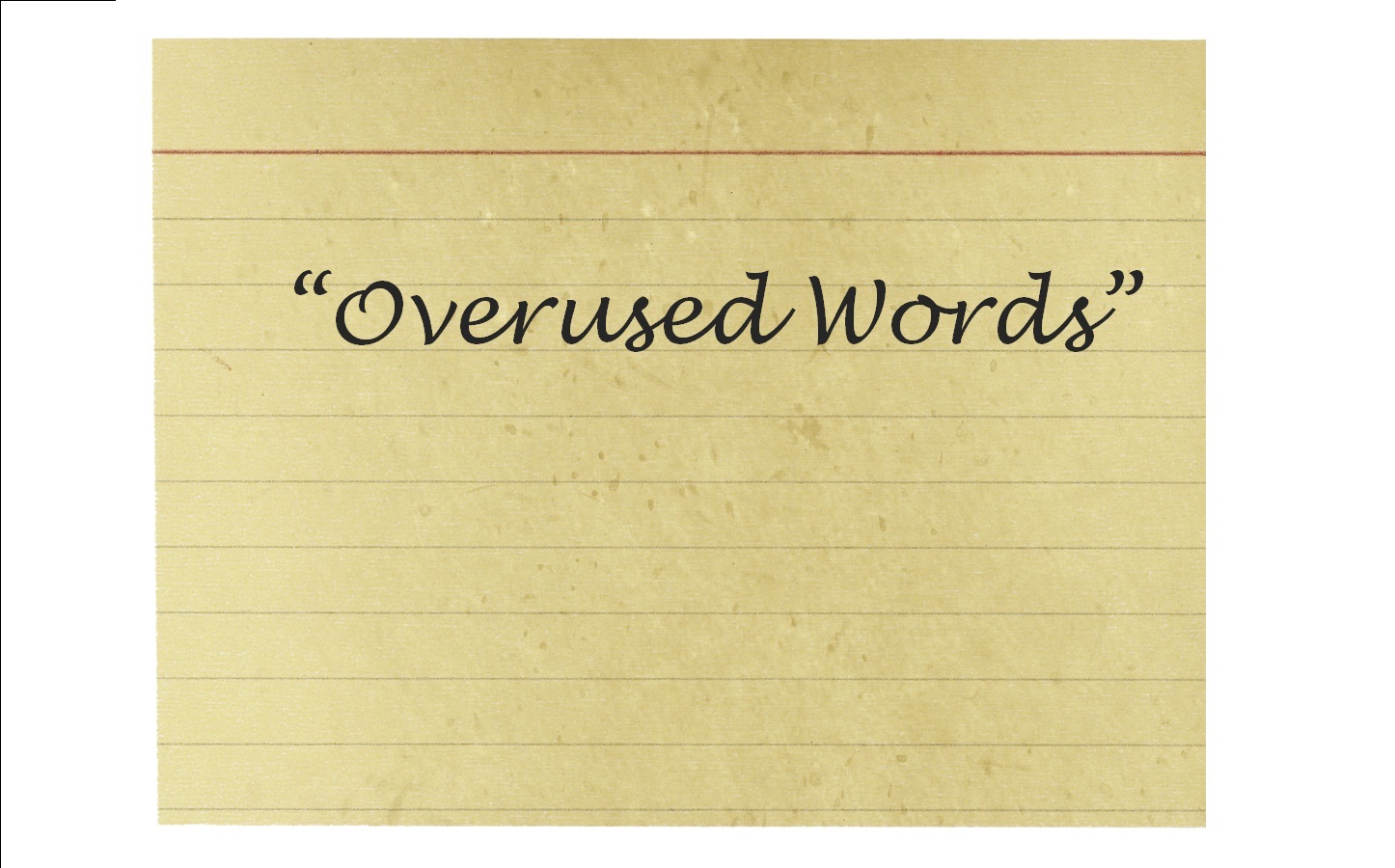Receiving the Gift
We have all heard the phrase, “It is more blessed to give than to receive.” Historically, it originates from the Bible. The apostle Paul was quoting the words of Jesus in his farewell to the Ephesian elders, and Luke by the guidance of the Holy Spirit wrote it down for our benefit. It would be hard to argue with this sentiment. For one, Jesus said it. And what’s more, as we get older we understand that there is much more joy that comes from being able to bless others than from serving self.
But every gift must have a recipient. Unless a gift is accepted graciously and thankfully, it cannot be given as the giver intends. Pride keeps so many people from being able to receive gifts from others. We think that anything we don’t earn is a sign of weakness. We want to be givers, but we won’t allow ourselves enough humility to admit that help is not only wonderful at times, but it is also necessary. Have you ever noticed how some Christians can no longer be instructed? Have you ever witnessed a child of God refuse a gesture of kindness? Not being able to receive a gift given freely and lovingly can be an indication that the person who is refusing has a heart problem.
So here are a few reasons to receive the gifts that come to us with thanksgiving and grace:
1. Because everything we have is a gift in the first place. “Every good gift and every perfect gift is from above, and comes down from the Father of lights, with whom there is no variation or shadow of turning” (James 1:17). Gift getting is not new. It is nothing more than existing. God gave us the gift of life, which is why we are here. All material blessings come from Him. All spiritual blessings are in Him (2 Pet. 1:3).
2. Because the giver deserves to experience the joy of giving. Denying the gift is the same thing as denying the giver. Every gift comes at some cost to the one who has offered it. The giver had to desire to bless the recipient enough to make a sacrifice. To reject the gift is to ignore the effort of the body and the extension of the heart that has freely provided in order to bless.
3. Because receiving reminds us that we are imperfect. We have needs. We cannot meet all of our needs without help from someone else. You did not get your education on your own, someone taught you. You did not get your vocation on your own, someone hired you. You did not get your salvation on your own, Someone saved you! We need to remember that we are less alone and more with others. God made us in such a way that we are dependent. Our dependency helps us to appreciate His unfailing love and His matchless grace.
4. Because being a receiver turns one into being a giver. Of course, this depends on our attitude. If receiving creates entitlement we are lost. But if receiving breeds appreciation we are transformed. The ability we have to count our blessings can translate into a heart of service. This will lead to a supreme love for God and a sincere love for others, and ultimately to a healthy love for self.
The saddest thing that heaven ever witnessed was not the cross. It was not sin. It was not the degradation of the moral fiber of humanity that led to hatred and war and human destruction. The saddest thing that heaven ever witnessed was the rejection of Jesus. God loved. God gave. God sacrificed. God died. And the world said, “No.”
“He came to His own, and His own did not receive Him. But as many as received Him, to them He gave the right to become children of God, to those who believe in His name: who were born, not of blood, nor of the will of the flesh, nor of the will of man, but of God.” – John 1:11-13
—————
To Receive Every Post via Email for Free, Click Here
Photo background credit: asenat29 on Creative Commons




